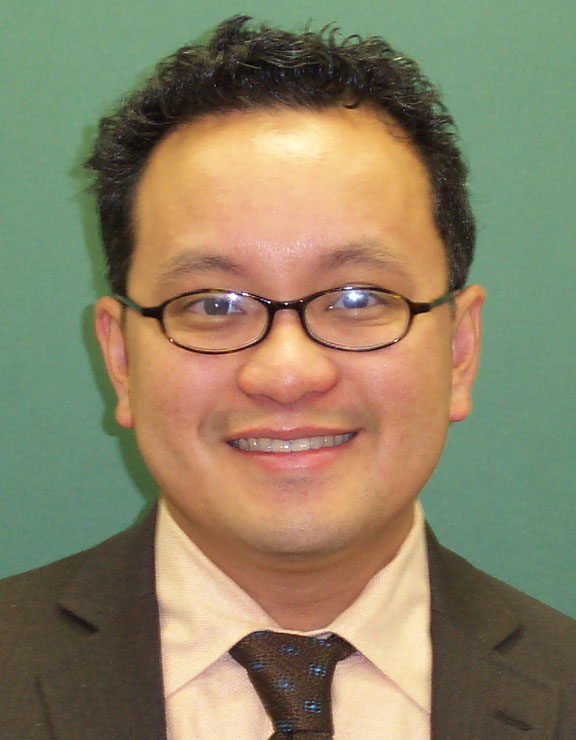PROVIDENCE, R.I. [Brown University] — Dr. Don Dizon’s studies of female cancers as an associate professor of obstetrics and gynecology in the Warren Alpert Medical School of Brown University, as well as in his practice as director of medical oncology at Women & Infants Hospital of Rhode Island, have made him an expert on HPV. He has co-authored books on the virus, discussing its medical and public health effects on both boys and girls. He said a new recommendation by a CDC panel that boys be vaccinated could reduce controversy surrounding the vaccine and will improve public health.

Why have health officials recommended HPV vaccination for girls, and now boys as well?
There was a study published in February 2011 in the New England Journal of Medicine that showed efficacy of 90 percent in men (16-26 years old) against infection by HPV. ... These results are striking and led to the FDA approval of vaccination for boys in 2009. There is now a recognition that HPV is not only an issue for the anogenital area (in boys and girls) but also for cancers involving the head and neck. HPV is now associated with more than 50 percent of all oropharyngeal cancers and probably a majority of those that are diagnosed in non-smokers and non-drinkers. Thus, the public health burden associated with HPV is large and includes increased risk to cancers that occur in everyone, not just girls. The summary of this evidence has finally led the CDC to action and to recommend HPV vaccination for both boys and girls.
What effect will the recommendation have on public health?
There is concern that if parents vaccinate their girls this is assumed “parental permission” that it is okay to be sexually active, even at an early age. With the recommendation of HPV vaccination for boys and men I would hope that the association between HPV vaccination and sexual promiscuity is put to rest. It is my hope that universal recommendation for HPV vaccines decreases the controversy.
You’ve co-authored books about HPV both for consumers and physicians in part to dispel myths about HPV. What are the most common and problematic myths?
There are a few:
- that HPV is preventable with condoms; in fact, there is no evidence that condoms can protect from HPV;
- that HPV is “not serious”; as a virus that can cause both pre-malignant and malignant disease, it should be taken very seriously;
- that the HPV vaccine itself causes significant medical harm, including death and paralysis. A study in the Journal of the American Medical Association in 2009 should put that to rest. It was a report on post-approval surveillance of HPV vaccination, and it placed the incidence of adverse events at 54 per 100,000 (0.054%). The most common was syncope (eight events per 10,000 doses). Death occurred at a rate of 0.1 per 10,000 doses given. The risk-to-benefit ratio clearly supports vaccination.
Part of the controversy about HPV vaccinations is that they are recommended for children who are still somewhat young. Why is it important that pre-teens get vaccinated?
It is important to begin vaccination early when the risk of infection is still quite low. The range of vaccination begins at 9 and goes until 26. Vaccination is recommended to begin between 11 and 13. It is important to vaccinate before sexual activity starts so the impact of a prophylactic vaccine can be best achieved. There is data showing the effect lasts for at least five years, but whether re-vaccination is required is a subject of current research.
I should also add that HPV vaccination will not make exams obsolete. The American College of Obstetrics and Gynecology recommends annual screening beginning at 21 whether or not a woman is sexually active.
